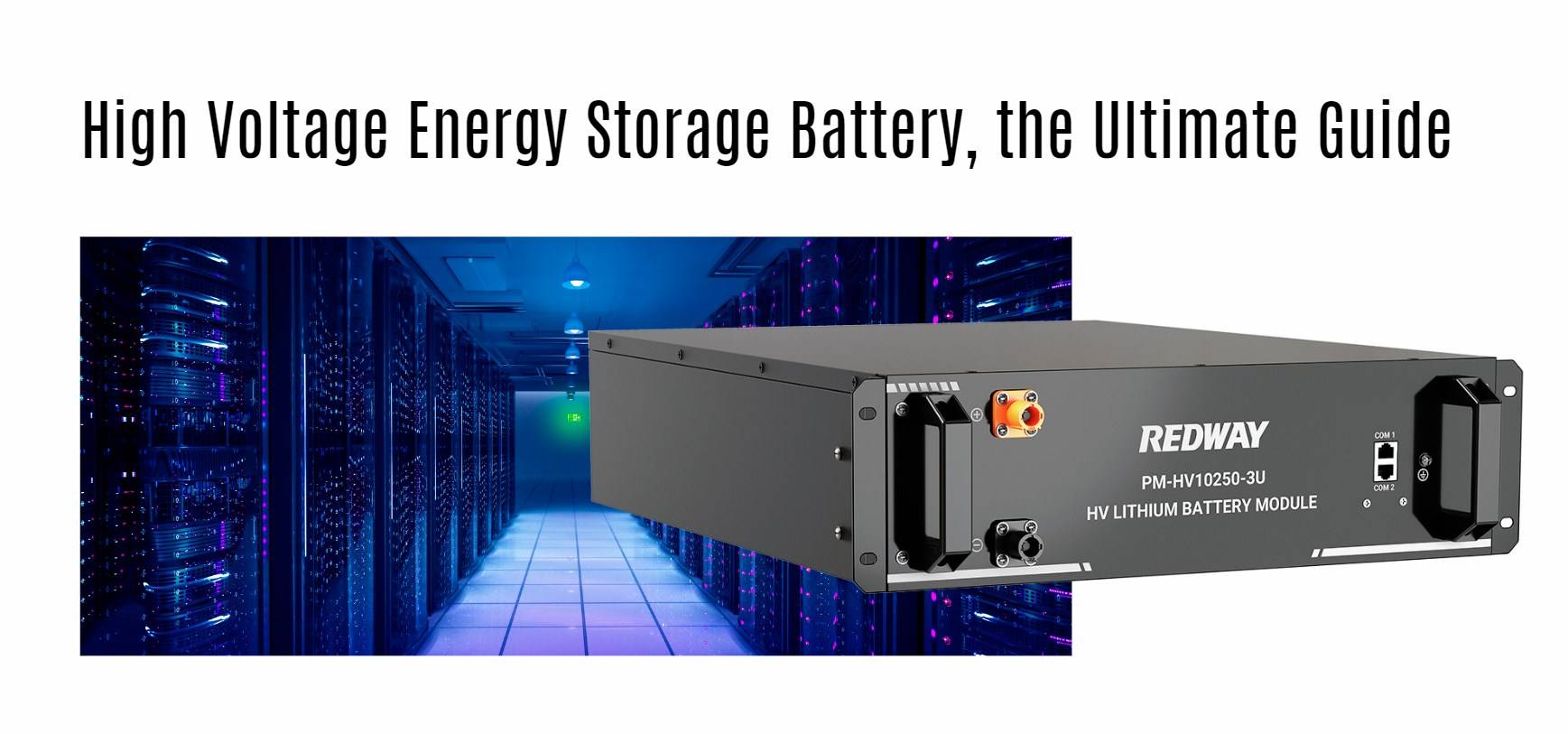-
Importance of High Voltage Batteries:
- High Power Requirements: High voltage batteries are essential in applications that require a significant amount of power, such as electric vehicles, renewable energy systems, and grid storage.
- Efficient Energy Storage: These batteries offer efficient energy storage capabilities, allowing for reliable and sustainable power supply.
- Integration with Power Systems: High voltage batteries can be seamlessly integrated into existing power systems, providing stability and backup power during peak demand or grid outages.
-
Types of High Voltage Energy Storage Batteries:
- Lithium-Ion Batteries: Lithium-ion batteries are widely used in high voltage applications due to their high energy density, long cycle life, and fast charging capabilities.
- Flow Batteries: Flow batteries utilize liquid electrolytes to store and release energy, offering scalability and long-duration energy storage.
- Sodium-Sulfur Batteries: Sodium-sulfur batteries operate at high temperatures and are suitable for large-scale energy storage applications.
-
Applications of High Voltage Batteries:
- Electric Vehicles: High voltage batteries power electric vehicles, providing the necessary energy for extended driving ranges and fast acceleration.
- Renewable Energy Systems: These batteries store energy generated from renewable sources like solar and wind, ensuring a stable power supply even during intermittent generation.
- Grid Storage: High voltage batteries can be used for grid-scale energy storage, balancing supply and demand, and improving grid stability.
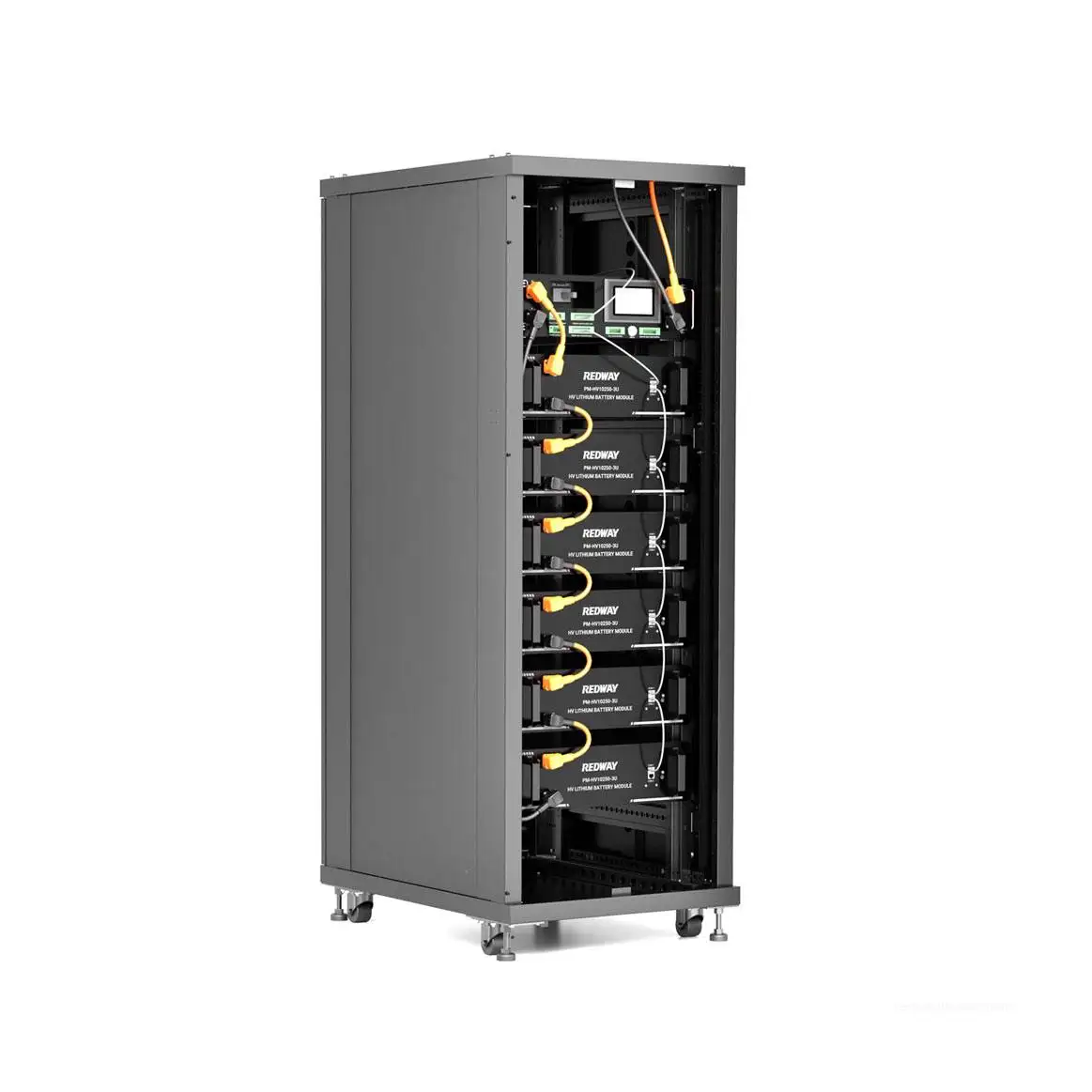
Table of Contents
ToggleWhat is a High Voltage Energy Storage Battery?
-
Characteristics of High Voltage Energy Storage Batteries:
- High Voltage Levels: These batteries operate at higher voltage levels compared to conventional batteries, allowing for the storage and delivery of larger amounts of electrical energy.
- Power Capability: High voltage batteries are designed to meet the high power requirements of various applications, ensuring a reliable and efficient energy supply.
- Advanced Technology: These batteries often incorporate advanced technologies, such as lithium-ion chemistry, to optimize energy density, cycle life, and charging capabilities.
-
Importance of High Voltage Energy Storage Batteries:
- Powering Electric Vehicles: High voltage batteries are crucial for electric vehicles, providing the necessary energy to drive longer distances and support fast charging.
- Enabling Renewable Energy Integration: These batteries play a vital role in storing energy generated from renewable sources, such as solar and wind, ensuring a consistent power supply even during intermittent generation.
- Grid Stability and Peak Demand Management: High voltage batteries can be utilized for grid-scale energy storage, helping to stabilize the grid, manage peak demand, and enhance overall energy efficiency.
-
Applications of High Voltage Energy Storage Batteries:
- Electric Vehicles: High voltage batteries are the key component in electric vehicles, powering the vehicle’s propulsion system and enabling longer driving ranges.
- Renewable Energy Systems: These batteries store excess energy generated from renewable sources, allowing for its utilization during times of low generation or high demand.
- Grid Storage: High voltage energy storage batteries can be deployed in grid-scale applications to balance supply and demand, enhance grid stability, and provide backup power during outages.
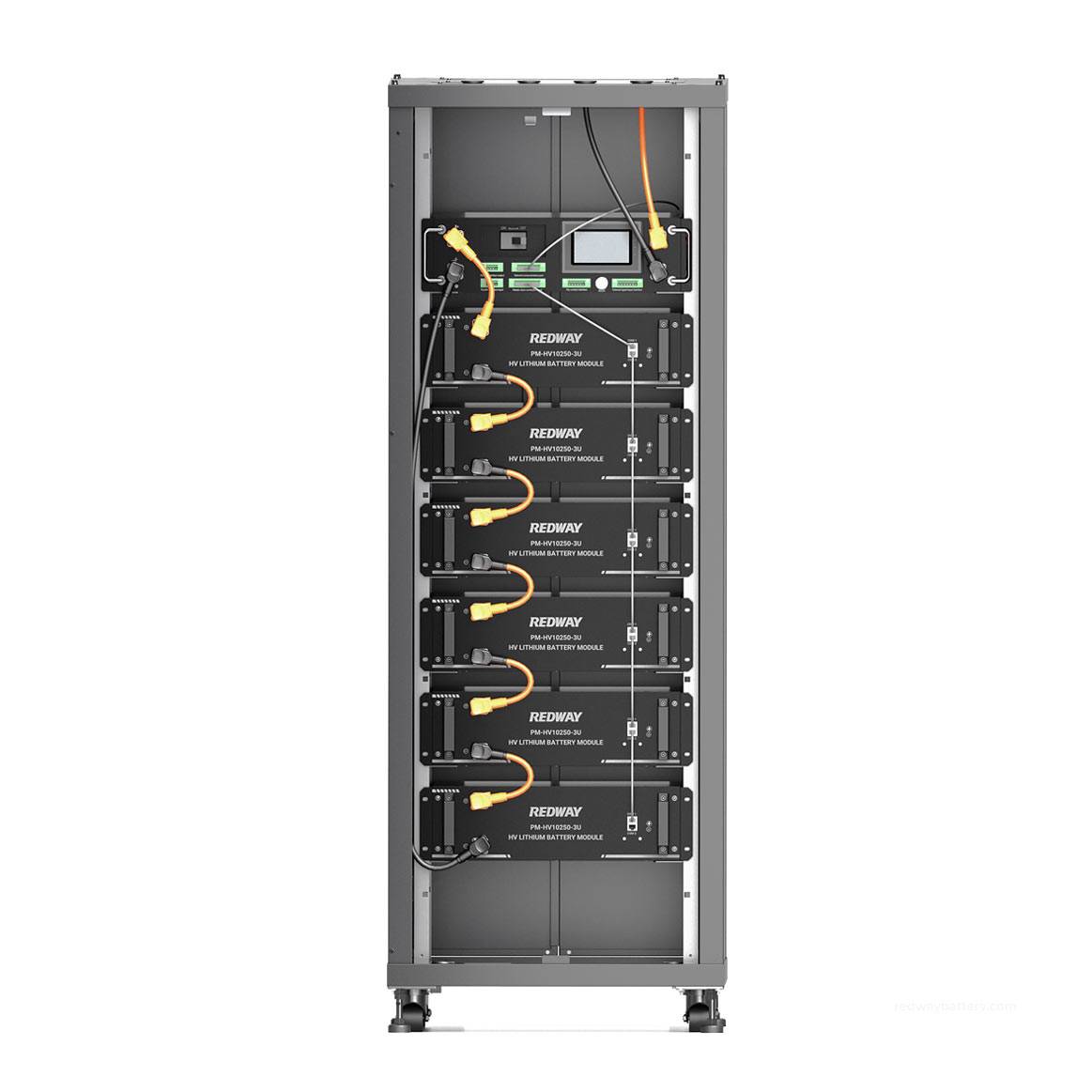
The Importance of High Voltage Batteries in Today’s World
-
Enabling the Growth of Electric Vehicles:
- High voltage batteries are crucial for electric vehicles, providing the necessary power to drive longer distances and support fast charging.
- The adoption of high voltage batteries in electric vehicles helps reduce dependence on fossil fuels, reduce emissions, and promote cleaner transportation options.
- These batteries contribute to the electrification of transportation, paving the way for a more sustainable future.
-
Facilitating the Integration of Renewable Energy Sources:
- High voltage batteries play a vital role in storing and utilizing energy generated from renewable sources like solar and wind.
- The ability to store excess renewable energy in high voltage batteries ensures a consistent power supply, even during times of low generation or high demand.
- By facilitating the integration of renewable energy, high voltage batteries contribute to reducing greenhouse gas emissions and promoting a cleaner energy mix.
-
Contributing to Grid Stability:
- High voltage batteries can be deployed in grid-scale applications to balance supply and demand, enhance grid stability, and provide backup power during outages.
- These batteries help manage peak demand, store excess energy during periods of low demand, and release stored energy during peak usage.
- By improving grid stability, high voltage batteries enable a more reliable and resilient energy infrastructure.

Types of High Voltage Energy Storage Batteries
-
Lithium-Ion Batteries:
- Lithium-ion batteries are widely used in high voltage applications due to their high energy density, long cycle life, and fast charging capabilities.
- These batteries offer a compact and lightweight design, making them suitable for portable devices, electric vehicles, and renewable energy systems.
- Lithium-ion batteries are known for their excellent performance in terms of efficiency, reliability, and power output.
-
Flow Batteries:
- Flow batteries utilize liquid electrolytes to store and release energy, offering scalability and long-duration energy storage.
- These batteries are suitable for applications that require extended energy discharge, such as grid-scale energy storage and renewable energy integration.
- Flow batteries excel in terms of their ability to store large amounts of energy for extended periods, making them ideal for managing fluctuating energy demands.
-
Sodium-Sulfur Batteries:
- Sodium-sulfur batteries operate at high temperatures and are suitable for large-scale energy storage applications.
- These batteries offer high energy density, long cycle life, and excellent efficiency, making them suitable for grid-scale energy storage and stabilization.
- Sodium-sulfur batteries are known for their ability to provide reliable backup power during peak demand and grid outages.
Benefits and Advantages of Using High Voltage Batteries
-
Integration of Renewable Energy:
- High voltage batteries enable the efficient integration of renewable energy sources, such as solar and wind power.
- By storing excess energy generated from renewable sources, high voltage batteries ensure a consistent power supply, even during periods of low generation or high demand.
- This integration promotes a cleaner and more sustainable energy mix, reducing reliance on fossil fuels and lowering greenhouse gas emissions.
-
Promotion of Cleaner Transportation:
- High voltage batteries play a crucial role in powering electric vehicles (EVs), offering higher energy density and longer driving ranges.
- EVs powered by high voltage batteries help reduce dependence on fossil fuels, lower emissions, and contribute to a cleaner transportation ecosystem.
- The use of high voltage batteries in EVs promotes sustainable mobility solutions and supports the transition to a greener future.
-
Enhancement of Grid Stability:
- High voltage batteries can be utilized for grid-scale energy storage, helping to balance supply and demand, manage peak loads, and enhance overall grid stability.
- By storing excess energy during periods of low demand and releasing it during peak usage, high voltage batteries contribute to a more efficient and resilient grid infrastructure.
- This enhanced grid stability ensures reliable power supply, reduces the risk of blackouts, and supports the integration of intermittent renewable energy sources.
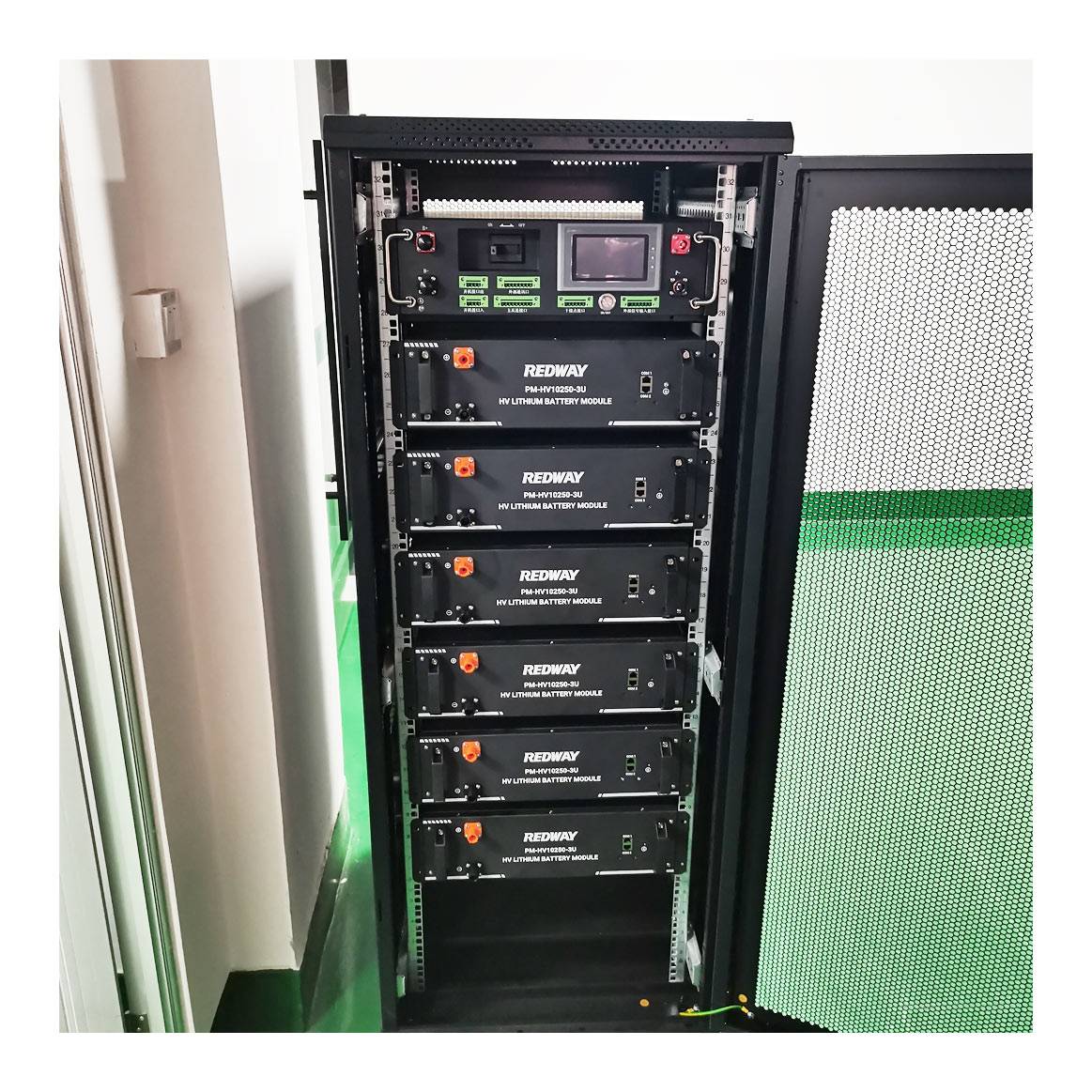
Why Choose High Voltage Batteries
-
Higher Power Output and Longer Cycle Life:
- High voltage batteries offer higher power output, allowing for more demanding applications that require increased energy density and performance.
- These batteries also have a longer cycle life, meaning they can withstand a higher number of charge and discharge cycles without significant degradation.
- The higher power output and longer cycle life of high voltage batteries make them reliable and efficient solutions for industries with demanding power storage requirements.
-
Integration of Renewable Energy:
- High voltage batteries play a crucial role in integrating renewable energy sources, such as solar and wind power, into the grid.
- These batteries can store excess energy generated from renewable sources, ensuring a consistent power supply even during periods of low generation or high demand.
- Choosing high voltage batteries allows industries to harness the full potential of renewable energy and reduce reliance on fossil fuel-based power generation.
-
Support for Electric Vehicles:
- High voltage batteries are essential for the growth and adoption of electric vehicles (EVs).
- These batteries provide the necessary power and energy density to drive longer distances and support fast charging capabilities.
- By choosing high voltage batteries, individuals and industries can contribute to reducing carbon emissions, promoting cleaner transportation options, and supporting the transition to sustainable mobility.
-
Enhancement of Grid Stability:
- High voltage batteries can be deployed for grid-scale energy storage, improving grid stability and reliability.
- These batteries help balance supply and demand, store excess energy during periods of low demand, and release stored energy during peak usage.
- By choosing high voltage batteries, industries can enhance grid stability, reduce the risk of blackouts, and support the integration of intermittent renewable energy sources.
Applications and Industries that Utilize High Voltage Batteries
-
Renewable Energy:
- High voltage batteries play a vital role in the renewable energy sector, enabling the efficient storage and utilization of energy generated from sources such as solar and wind.
- These batteries store excess energy during periods of high generation and release it during periods of low generation or high demand, ensuring a consistent power supply.
- High voltage batteries are used in solar and wind farms, allowing for the integration of renewable energy into the electrical grid and reducing reliance on traditional fossil fuel-based power generation.
-
Electric Transportation:
- High voltage batteries are essential components in electric vehicles (EVs), providing the power and energy density required for extended driving ranges and fast charging capabilities.
- These batteries enable emission-free transportation, reduce reliance on fossil fuels, and contribute to a cleaner and more sustainable mobility ecosystem.
- High voltage batteries are utilized in various types of EVs, including cars, buses, trucks, and even electric aircraft, supporting the growth and adoption of electric transportation worldwide.
-
Telecommunications:
- High voltage batteries are used in telecommunications infrastructure to provide backup power during power outages or disruptions.
- These batteries ensure uninterrupted communication services, enabling reliable connectivity in critical situations and remote locations.
- High voltage batteries are deployed in cell towers, data centers, and other telecommunication facilities, supporting the seamless operation of communication networks.
-
Aerospace:
- High voltage batteries are utilized in aerospace applications, including satellites and spacecraft, where reliable and lightweight power storage is crucial.
- These batteries provide the necessary energy for satellite operations, including communication, data collection, and scientific research.
- High voltage batteries play a vital role in powering critical systems onboard spacecraft, ensuring mission success and reliable performance in space exploration.
-
Grid-Scale Energy Storage:
- High voltage batteries are deployed for grid-scale energy storage, contributing to grid stability, load balancing, and peak demand management.
- These batteries store excess energy during periods of low demand and release it during peak usage, reducing strain on the electrical grid.
- High voltage batteries support the integration of intermittent renewable energy sources, enhance grid resilience, and provide backup power during emergencies.
Factors to Consider When Choosing a High Voltage Battery
-
Battery Capacity:
- Battery capacity refers to the amount of energy a high voltage battery can store and deliver.
- Consider the required energy capacity based on the specific application and power storage needs.
- Higher capacity batteries offer more energy storage but may come at a higher cost and larger physical size.
-
Voltage Level:
- The voltage level of a high voltage battery determines its compatibility with the intended application.
- Consider the voltage requirements of the devices or systems the battery will power.
- Ensure that the chosen high voltage battery provides the appropriate voltage level for seamless integration.
-
Cycle Life:
- Cycle life refers to the number of charge and discharge cycles a high voltage battery can undergo while maintaining its performance.
- Consider the expected lifespan and durability required for the application.
- Higher cycle life batteries are more suitable for applications that require frequent charging and discharging.
-
Charging Time:
- The charging time of a high voltage battery is an important factor, especially in applications where quick charging is essential.
- Consider the charging time requirements and the availability of fast charging technologies.
- Select a high voltage battery that offers fast charging capabilities to minimize downtime and maximize efficiency.
-
Safety Features:
- Safety is a crucial aspect when choosing a high voltage battery, especially in applications where the risk of accidents or malfunctions is present.
- Consider safety features such as overcharge protection, short circuit protection, and thermal management systems.
- Ensure that the chosen high voltage battery meets safety standards and regulations to mitigate potential risks.
-
Cost-Effectiveness:
- Consider the cost-effectiveness of the high voltage battery in relation to its performance and lifespan.
- Evaluate the upfront cost, maintenance requirements, and potential long-term savings.
- Select a high voltage battery that offers a balance between performance, durability, and cost-effectiveness.
-
Compatibility:
- Ensure that the chosen high voltage battery is compatible with the intended application and existing systems.
- Consider factors such as form factor, size, weight, and interface compatibility.
- Compatibility ensures seamless integration and optimal performance of the high voltage battery.
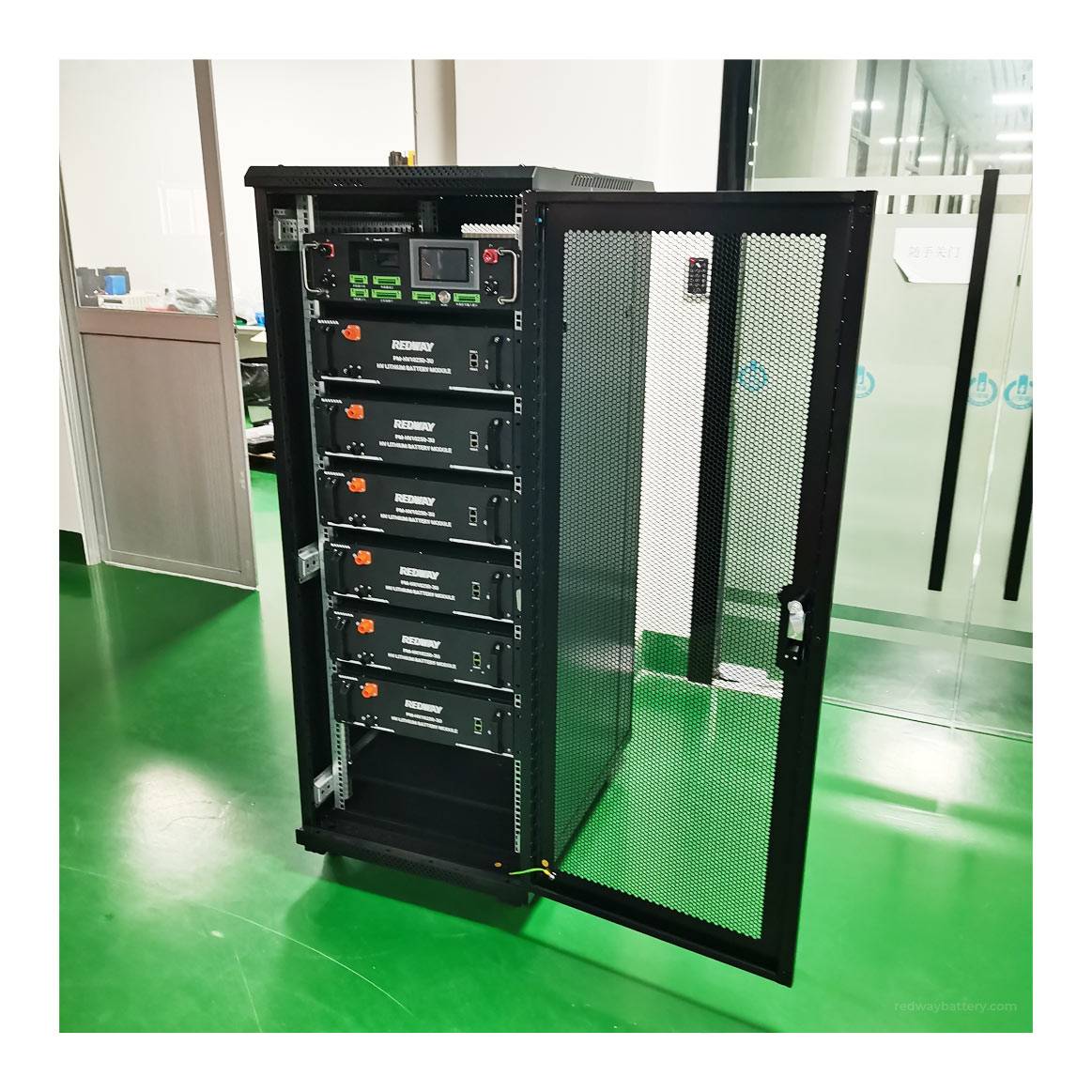
Proper Maintenance and Safety Measures for High Voltage Batteries
Ensure the longevity and safe operation of high voltage batteries through proper maintenance and safety measures:
- Regular Inspection: Check for leaks, corrosion, and loose connections to identify any signs of damage or wear.
- Cleanliness: Keep the battery clean from dirt or debris that might interfere with its performance.
- Adherence to Guidelines: Follow manufacturer guidelines for charging and discharging to avoid overheating, explosions, or irreversible damage.
- Temperature Control: Protect battery performance and lifespan by avoiding exposure to extreme temperatures.
- Handle with Care: Use insulated gloves and tools to prevent electrical shocks or injuries when working with high voltage batteries.
- Emergency Plan: Develop a well-designed emergency plan for accidents or malfunctions, ensuring the safety of individuals and property.
By strictly adhering to these practices, you can optimize the performance of your high voltage battery system while mitigating potential risks and hazards.
The Future of High Voltage Energy Storage Batteries
The future of high voltage energy storage batteries holds immense promise as technology advances rapidly to meet the growing demand for efficient and sustainable power solutions. Key developments include:
- Advanced Materials: Exploration of materials like solid-state electrolytes for higher energy density, improved safety, and the potential for smaller, lighter batteries with faster charging times.
- Battery Management Systems (BMS): Continuous improvements in BMS technology for smarter control over battery performance, optimizing efficiency, and enhancing integration with renewable energy sources.
- Grid-Scale Applications: Increasing deployment of high voltage batteries for stabilizing electricity grids, providing backup power during peak demand, and supporting carbon neutrality goals globally.
- Cost Reduction: Focus on reducing costs through economies of scale and streamlined production processes, making high voltage energy storage batteries more accessible across industries.
- Environmental Considerations: Ongoing research addresses environmental concerns related to lithium extraction and recycling, while alternative technologies like flow batteries or solid-state alternatives gain attention for potential sustainability advantages.
While challenges persist, the future looks bright for high voltage energy storage batteries. Continued investment in research and development, coupled with global efforts to address climate change, is expected to yield breakthroughs in harnessing and storing electrical energy efficiently.
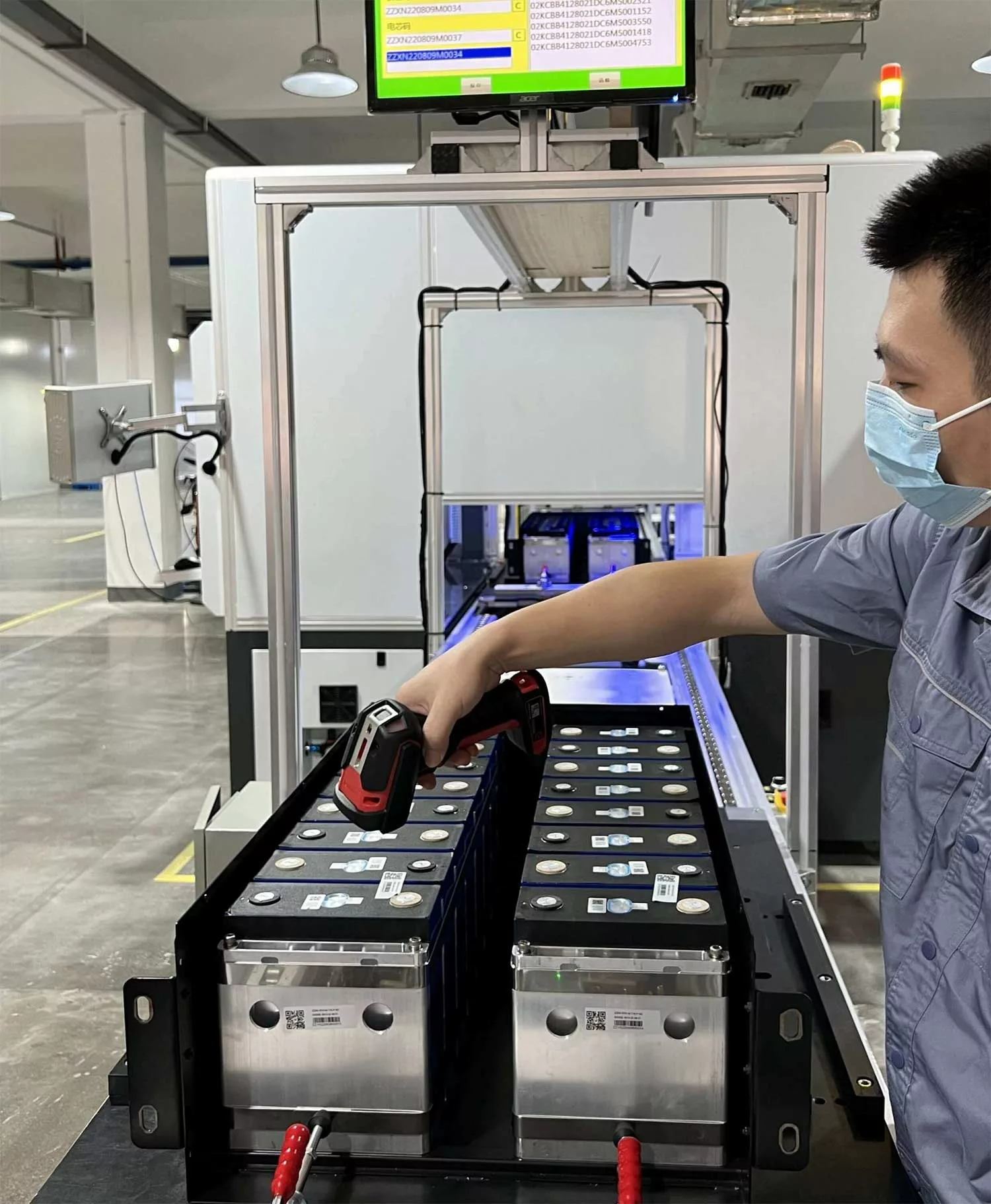
Conclusion
High voltage energy storage batteries are transforming how we store and use electrical power, impacting electric vehicles, renewable energy, and various industries. This guide provides insights into their types, benefits, and applications.
- Understanding Significance: High voltage batteries are pivotal in modern society, driving electric vehicles, supporting renewable energy, and influencing diverse industries. Their significance lies in providing reliable, efficient, and sustainable power solutions.
- Types and Benefits: Exploring various high voltage battery types, including lithium-ion, lead-acid, sodium-sulfur, flow, nickel-based, and lithium-polymer batteries. Highlighting benefits such as increased efficiency, faster charging, longer lifespans, and contributions to sustainability.
- Applications Across Industries: Diving into the diverse industries benefiting from high voltage batteries, including automotive, renewable energy, telecommunications, aerospace, and industrial sectors. Understanding their role in revolutionizing operations and ensuring uninterrupted power.
- Choosing the Right Battery: Essential factors for selecting the right high voltage battery, including capacity, voltage rating, cycle life, charging time, safety features, and cost-efficiency. Emphasizing the importance of proper maintenance and safety measures.
- Future Outlook: Anticipating a promising future for high voltage energy storage batteries with advancements in materials, battery management systems, grid-scale applications, cost reduction, and environmental considerations. Acknowledging ongoing efforts for sustainable and efficient energy solutions.
- Conclusion: Highlighting the integral role of high voltage energy storage batteries in achieving a greener future. Encouraging informed choices to contribute to a sustainable world powered by clean energy. Embracing the electrifying possibilities offered by this innovative technology.


